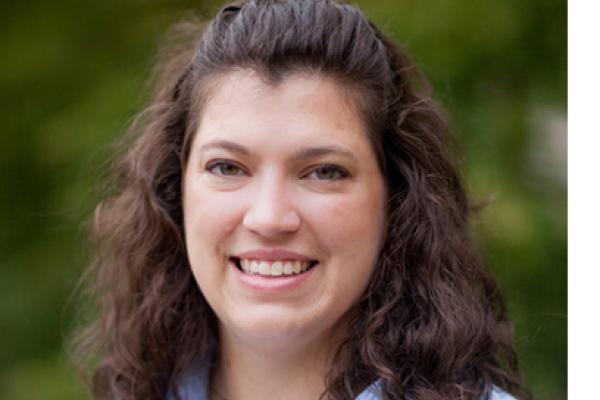
The rapid neutron-capture process, or r process, is known to produce roughly half of the isotopes
of heavy elements. Sensitivity studies have shown that the final abundance distributions of r-process
nuclei are greatly impacted by uncertainties in nuclear masses, neutron-capture rates, and
β-decay properties. In order to improve these uncertainties, we leverage the technique of total
absorption spectroscopy and Oslo analysis method, to provide constraints for neutron-capture
rates and provide improved β-decay intensities. The β-decay of several neutron-rich cobalt
isotopes was measured using the technique of total absorption spectroscopy at the National
Superconducting Cyclotron Laboratory. This technique allows us to overcome the so-called
“pandemonium effect,” which can cause β-feeding intensities to high-lying excitation energies to
be missed in traditional β-decay experiments. The high Q-value of these isotopes allows for the
study of β-decay properties over a broad energy range and the resultant β-decay intensities and
deduced Gamow-Teller strengths will be compared to theoretical models, which are commonly
used in r-process calculations. Impacts of the current findings will be discussed.
